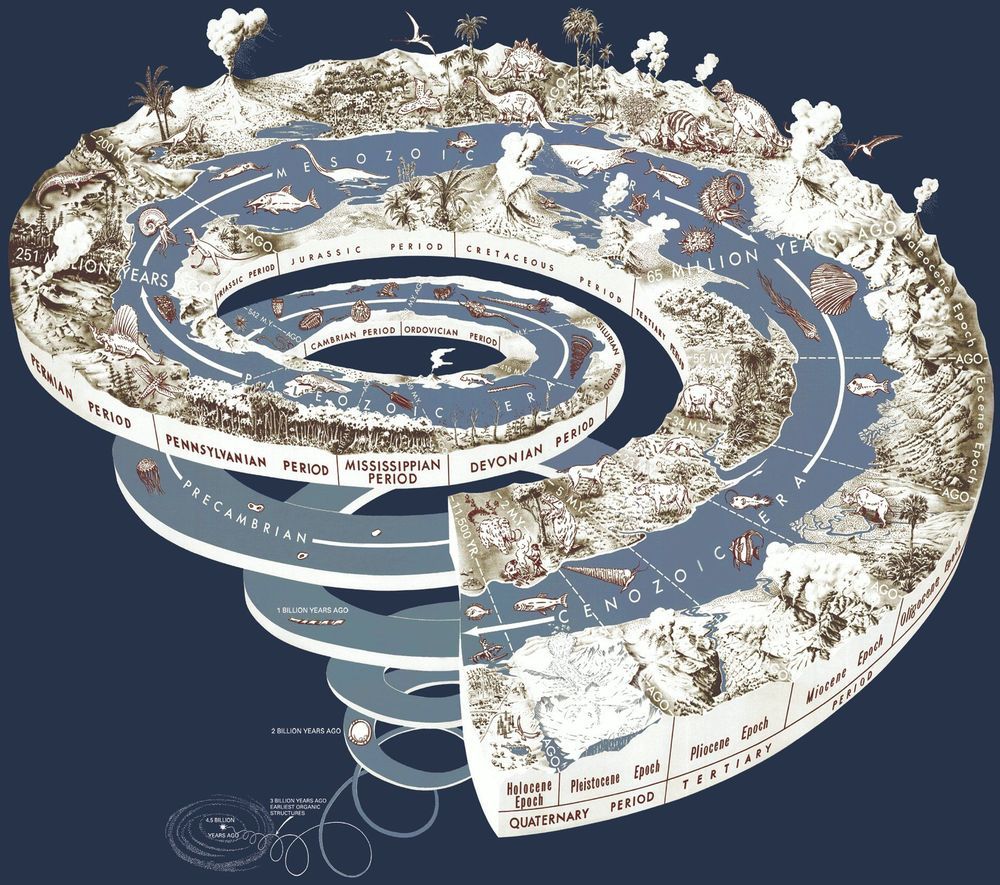If given the chance, a Kenyan herder is likely to keep a mix of goats and camels. It seems like an irrational economic choice because goats reproduce faster and thus offer higher near-term herd growth. But by keeping both goats and camels, the herder lowers the variability in growth from year to year. All of this helps increase the odds of household survival, which is essentially a gamble that depends on a multiplicative process with no room for catastrophic failure. It turns out, the choice to keep camels also makes evolutionary sense: families that keep camels have a much higher probability of long-term persistence. Unlike businesses or governments, organisms can’t go into evolutionary debt—there is no borrowing one’s way back from extinction.
How biological survival relates to economic choice is the crux of a new paper published in Evolutionary Human Sciences, co-authored by Michael Price, an anthropologist and Applied Complexity Fellow at the Santa Fe Institute, and James Holland Jones, a biological anthropologist and associate professor at Stanford’s Earth System Science department.
“People have wanted to make this association between evolutionary ideas and economic ideas for a long time,” Price says, and “they’ve gone about it quite a lot of different ways.” One is to equate the economic idea of maximizing utility—the satisfaction received from consuming a good—with the evolutionary idea of maximizing fitness, which is long-term reproductive success. “That utility equals fitness was simply assumed in a lot of previous work,” Price says, but it’s “a bad assumption.” The human brain evolved to solve proximate problems in ways that avoid an outcome of zero. In the Kenyan example, mixed herding diversifies risk. But more importantly, the authors note, the growth of these herds, like any biological growth process, is multiplicative and the rate of increase is stochastic.









